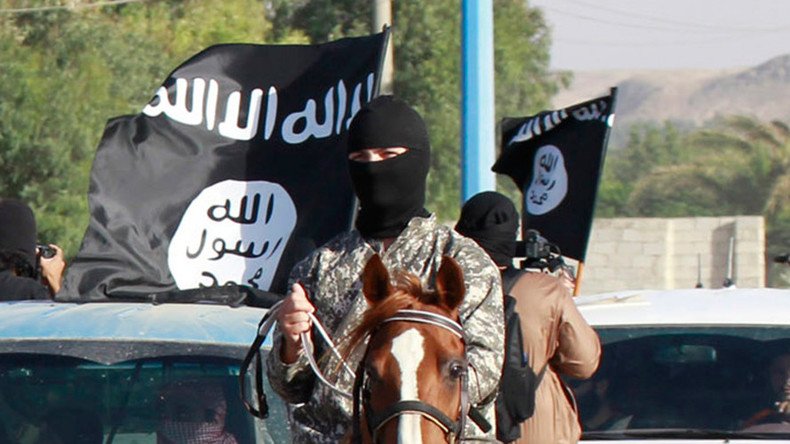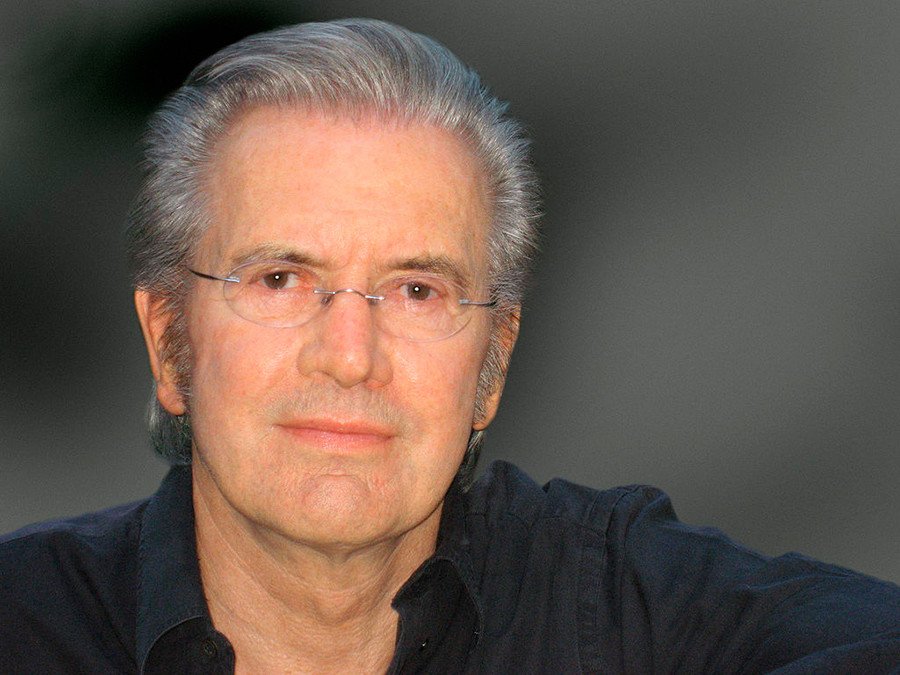EXCLUSIVE: First Western journalist to visit ISIS says US wants to ‘divide’ Syria

Jurgen Todenhofer, who in 2014 became the first Western reporter to be allowed first-hand access to Islamic State, told RT that the new ceasefire is working, but expressed concern that US politicians are set on splitting Syria up into a fractured warzone.
“There is a move now from the rebels to separate their brigades from those of the terrorists, and this gives an opportunity to attack Al Nusra and other Al Qaeda groups, without attacking the rebels,” the 75-year-old told RT in a Skype interview, saying he had spoken to several sources inside the country, since the US and Russia-mediated agreement came into force.
Journalist who returned from #ISIS HQ tells RT how jihadists can be defeated https://t.co/EO1nr5UOGApic.twitter.com/xq7Q2mgeKE
— RT (@RT_com) November 22, 2015
“Every day that this is holding, this is a wonderful day for people. They are happy, and I am more optimistic, because there are now contacts between the rebels and the government.”
Moscow says there have been over 30 violations of the ceasefire in the past three days, but observers from all sides note that hostilities have been toned down, and there has been a breakthrough in the delivery of humanitarian aid to besieged settlements, which had been on the verge of starvation.
Americans should NOT divide Syria, says Jurgen Todenhofer https://t.co/K8Lu253sZE
— Ruptly (@Ruptly) March 2, 2016
A center-right Bundestag deputy for 28 years, before becoming a journalist and expert, Todenhofer says he hopes the ceasefire is the first step in forming a new coalition from inside Syria, to repel Islamic State (IS, formerly ISIS/ISIL).

“If the rebels would start to fight with the official government army, against ISIS, then we would have a chance to defeat ISIS, and to have peace in Syria. It is a dream, but a realistic dream,” said the journalist, while admitting that the disagreements between President Bashar Assad and the opposition sparked the five-year-long war in the first place.
Todenhofer has been a frequent critic of Western military interventions, and believes that it is now down to rebel backers in the Middle East, and most importantly, Washington, to stop adding fuel to the deadly fire.
“The US divided Iraq, they divided Libya, and now they could divide Syria into four or five parts. Divided countries are weak countries, and I have an impression that certain American politicians like weak countries in the Middle East.”
Having witnesses IS operations during a 10-day assignment in Raqqa, the group’s unofficial capital in northern Syria, Todenhofer believes that it is sufficiently well-organized to exist indefinitely if it is not placed under pressure. He also says new attacks in Europe, like those carried out in Paris last year, are imminent, but little can be done to prevent them.
“For ISIS it is much easier to use the forces they have in EU countries, US or Russia. They have many fans in those countries. They don’t need to take risks to cross borders – they can do it, but they don’t need to. They coordinate themselves – it’s not difficult to make a suicide attack. It’s cheap and it’s easy”
The journalist says that Europe has still failed to win the battle of ideas against Islamic State, particularly among its own disenfranchised youth.
“We have to show that this ideology is wrong, that this ideology is anti-Islamic. We have to show people that this is the wrong way, this does not solve a single problem. ISIS sympathizers should be shown that even from an Islamic standpoint, they are not serving Islam, they are fighting Islam. They are a danger for Islam, and most people they kill – in the Middle East, at least - are fellow Muslims.”












